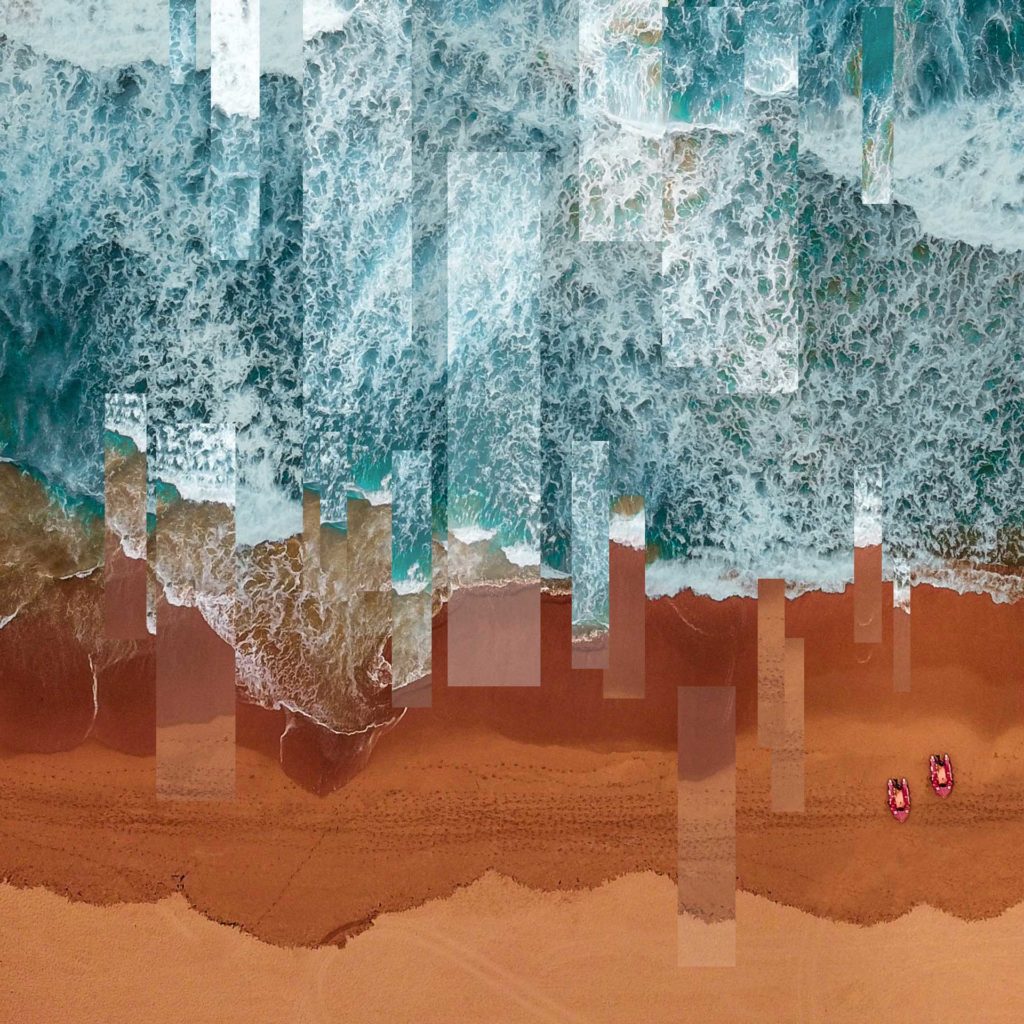Best Global Brands 2021: Trust always wins

Several years ago, the now former CEO of a global bank shared with me a reflection that sums up an era: “The difference between the banking of the past and that of the present is that, today, we cannot lie.”
If we put it in perspective, a few years have passed since the financial crisis of 2008, but since then brands have come a long way: from simply offering products and services to becoming, today, protagonists of change, agents committed to a series of ethical values that are demanded of them by people.
The digital age is the age of transparency and ethics. We see it daily in the media. As Manfredi Ricca, Interbrand Global Chief Strategy Officer, says in his article Brands as Acts of Leadership, “The 1920s saw the development of the idea of externalities – the consequences of production or consumption unwillingly sustained by third parties. One century later, externalities have abandoned the realm of economic theory. They are no longer distant or invisible issues – they are clear and present and are increasingly central to any organisation’s legitimacy to exist, operate and grow.” Ultimately, so that brands can fulfill their role as leadership agents in a world facing crucial challenges.
The digital age is the age of transparency and ethics.
The issue of trust
To lead any movement, to catalyze the action of people, companies, and institutions, it takes more than money and influence. TRUST is needed, that is, generating in the stakeholders the assurance that their expectations will be met with integrity and prioritizing their interests.
Interbrand updated its brand valuation methodology and included Trust as one of the key factors that determine Brand Strength, that is, the future ability of a brand to withstand the challenges posed by the market and generate the same expected earnings. Now, thanks to the results of Best Global Brands 2021, we have realized that Trust is the great pending issue: only 11 of the 100 brands of this edition have managed to improve their results in this section, 61 brands have remained as in 2020 and 28 have worsened.
Nike’s positioning has very well defined this era that we have agreed to call the Decade of Possibility. The brand enjoys a high level of Confidence: it has managed to place itself at the center of the global debate with its campaigns in favor of equality and with a firm commitment to its stakeholders that it materializes with a series of initiatives aimed at supporting social movements and reflecting on sustainability. Nike shows us that the more activism, the more trust is needed. Perhaps that is why terms such as pink washing, greenwashing, etc. have become fashionable. They are a social symptom of the reality that we see numerically transferred to our report: it is difficult to earn the Trust of the people.
After a year marked by the health crisis and by the explosion of a citizen movement that fights against climate change and inequalities, and as organizations capture market share, land in new arenas, and captivate different audiences, the reality is that the demand for responsibility grows in parallel.
Keeping it safe is an arduous but necessary task for companies, which, in addition to the ethical demands of society, are exposed to multiple risks that accompany digitization. According to a study we published with Infosys, $ 223 billion of the value of Best Global Brands would be in jeopardy if there were a major data breach. If we add to this a scenario in which consumers are exposed to misinformation and lack of control over their data (according to Omnicom’s Beyond 2021, only 10% feel that they fully control their personal information), investment by part of the brands in cybersecurity technologies, but also in effective policies of transparency and crisis communication, it is vital to maintain the trust of its stakeholders.

Trust equals commitment
To face these challenges from the brand point of view, it is necessary for the organization to look inward, establishing a credible purpose and ambition that allow building an internal culture that, inevitably, leads to a coherent and differentiated external action. Remembering the words of Enrique Arribas, Head of Brand and Corporate Marketing at Santander Group: “There is a basic ingredient in building trust: credibility.” Therefore, it makes sense for Apple to focus on privacy, just as H&M is committed to integrating the circular economy into its business model and Santander integrates sustainability by leading green financing and transparency, as stated in the Report. Each brand has a territory, and it is in this territory that trust with stakeholders must be established, being transparent with the objectives pursued and the progress achieved (KPIs).
Only then can a brand truly champion a movement and catalyze change. Because without Trust there is no possible activism. Without Confidence, the path of growth becomes steeper. With Confidence, on the other hand, the value grows; in fact, in this edition of Best Global Brands, brands that increased their Trust Brand Strength score, increased 18% in brand value.
Trust always wins.